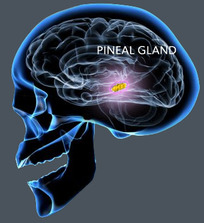 Image: www.thirdeyeactivation.com
Image: www.thirdeyeactivation.com 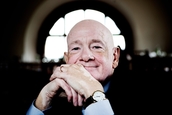 Image: zalozba.intuicija.si
Image: zalozba.intuicija.si If NDEs are accepted as real, then people meeting those who have died can be seen as ‘proof’ that there is life after death. In Moody’s study, nearly all of the patients felt that they both understood, and were no longer afraid of, death as they knew what would happen when they die. If NDEs are accepted as ‘true’, then consciousness after death does ‘prove’ life after death.
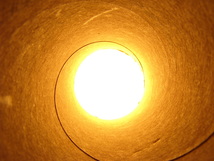 Image: www.tophdgallery.com
Image: www.tophdgallery.com 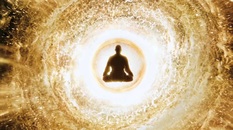 Image: www.lazerhorse.org
Image: www.lazerhorse.org On the other hand, while a good deal of NDEs imply the existence of an afterlife, people who claim to have experienced them are not consistent in their description of that afterlife. Moody’s subjects were all American - a country that is culturally Christian (and even the non-religious would have knowledge of Christianity) - they describe meeting a being of light and dead relatives which is the traditional Christian idea of the afterlife. However a student of Dr Kenneth Ring, Amber Wells, conducted a similar study to Moody using subjects who were from different countries. Her results demonstrated that 70% of the group had an experience that supported the idea of reincarnation rather than a final destination of heaven. This would appear to imply that NDEs are influenced by cultural upbringing. If cultural upbringing instils a belief in life after death, then the experience could not be proof of the afterlife, but merely a reflection of the cultural (or religious) beliefs of the subject.


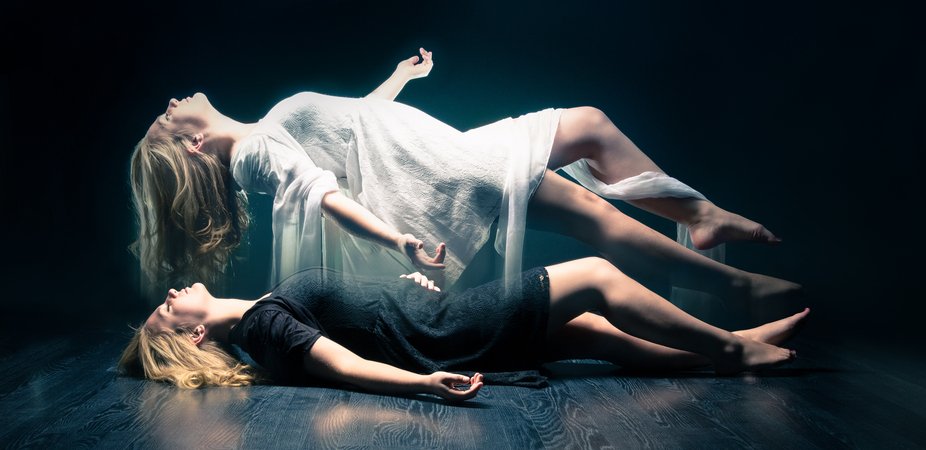
 RSS Feed
RSS Feed
